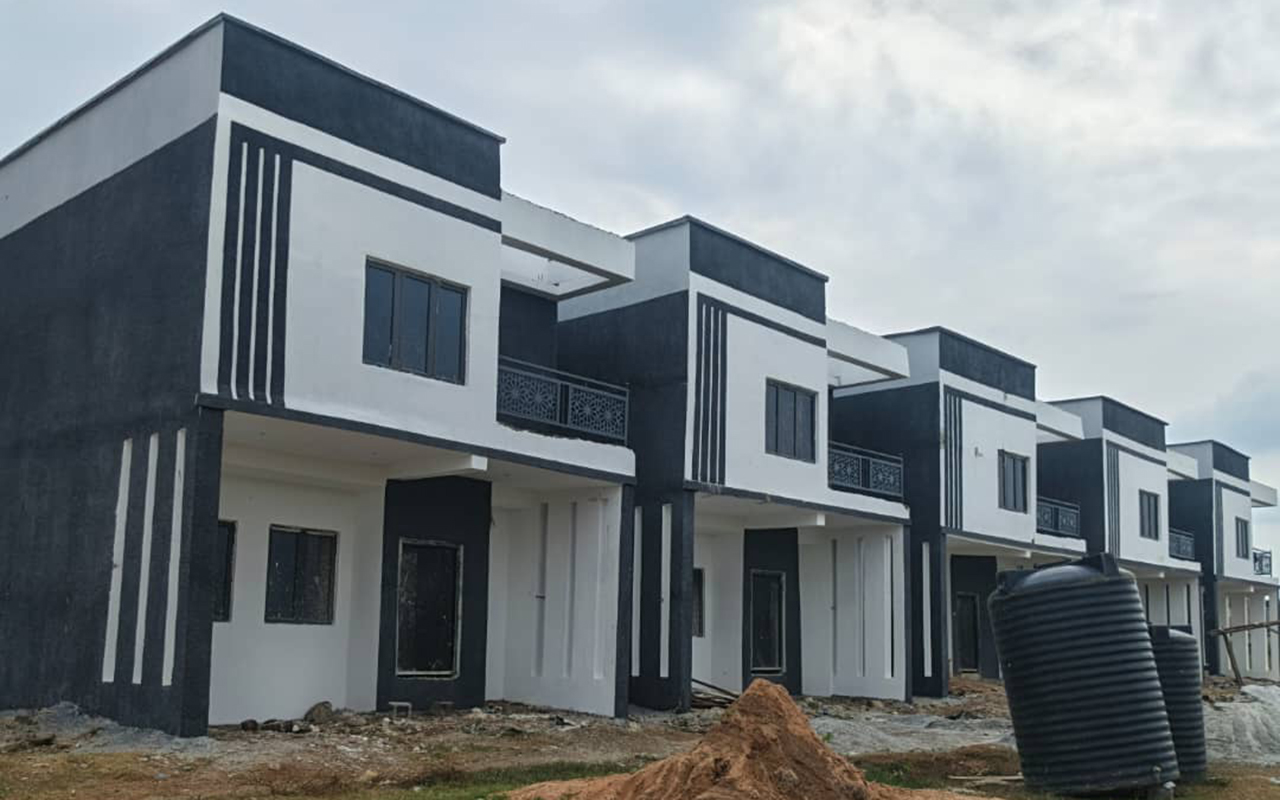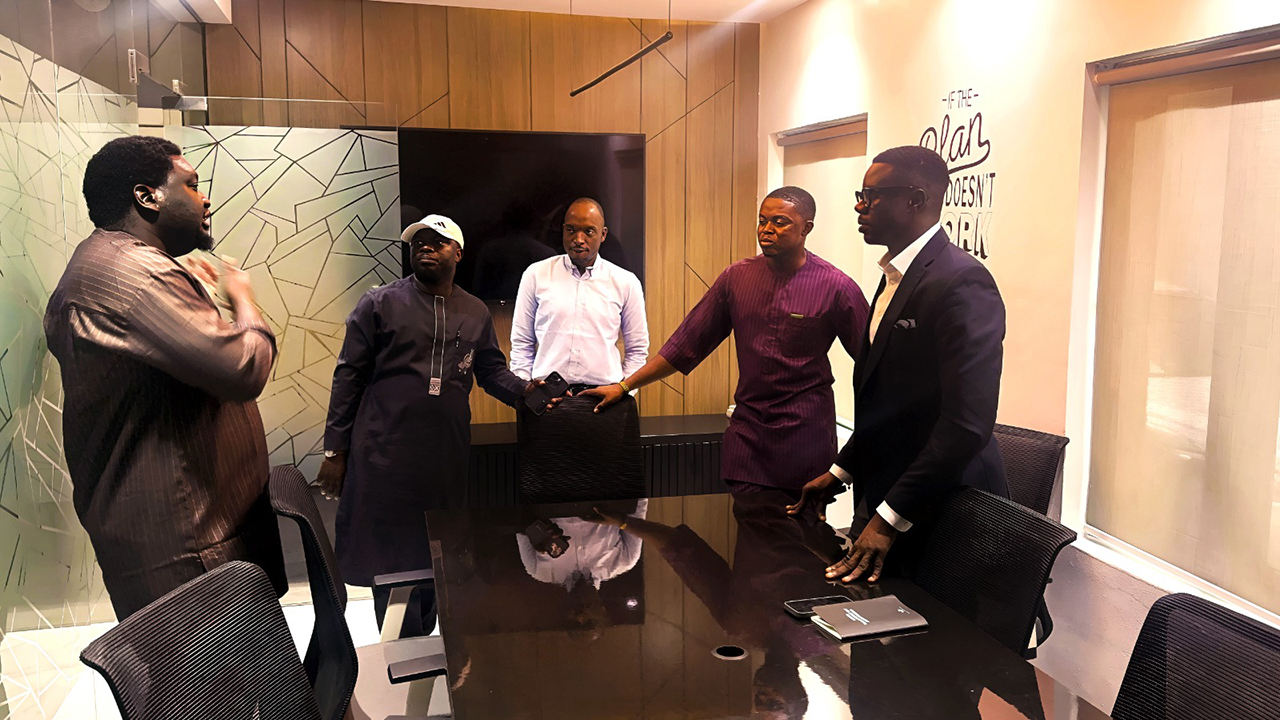
The heritage sector in Nigeria has performed poorly for several reasons including inadequate legislation to protect heritage properties, lack of political will to implement current laws coupled with bureaucratic gaps and poor collaboration among mandate agencies, poor financial commitment to conserve and maintain sites, lack of skilled manpower and poor public awareness.
The management of built heritage across Nigerian cities is not given priority and this is reflected in the government policies, lack of inventory and management and resultant lack of awareness of the people about its significance.
Lawanson, who delivered the Fourth Dr Abubakar Olaseni yearly lecture series at the Yaba College of Technology, Lagos on ‘Heritage at Risk: Rethinking Nigeria’s Urban Development Trajectory’, lamented the paucity of trained professionals overseeing the heritage sector, and called for strong coordination between urban planning and heritage preservation authorities for effective management of built heritage in the country.
“While heritage appreciation, conservation and/or restoration are taught as electives in undergraduate architecture and history programmes, it is not prioritised in urban planning programmes across Nigeria. Furthermore, where identification and listing of heritage sites is the remit of institutions at both state and federal levels, there are few specialists and no trained urban planners,” she said.
According to her, urban regeneration that prioritises heritage requires collaboration between professionals in architecture, urban planning, landscape and policy planning, archaeology and history.
“The interrelation between urban regeneration, conservation, sustainability and cultural heritage tourism development is a holistic approach that seeks to prolong non-renewable resources in the built environment while enhancing place-making and socioeconomic benefits,” she said.
The professor of urban management and governance noted the importance of political will to recognise culture as a public good and prioritise heritage in the development process.
She also harped on the need by the federal and state governments to review legislation, implement reforms, provide funding and support for heritage-related initiatives, as well as ensure that public interests are well protected in international negotiations and activities promoting Nigeria’s cultural ecosystem.
Nigeria’s cultural resources are not well preserved, and heritage management is not prioritised despite the vast potential. In 2017, the United Nations Educational, Scientific and Cultural Organization (UNESCO) expressed the view that Nigeria’s cultural heritage constitutes a substantial part of the country’s tourism resources; and that, if properly harnessed, protected, and managed, it can contribute significantly to the country’s economic development goals.
Despite their potential for sustainable development, urban heritage resources are vulnerable. They are the first section of a city to give way to grandiose planning reforms in many countries.
To ensure that cities are reinvigorated, cultural relevance is retained, and more operational components of heritage are sustained, Lawanson advised that urban planning education and practice must adopt a human-centred strategy focusing on identity, sense of belonging, creative continuity, socio-economic development and evolving human aspirations.
She enjoined researchers to integrate scientific research with indigenous knowledge as a means to develop conservation strategies that align with the needs of local communities while ensuring environmental and social sustainability.
Beyond that, Lawanson said there must be a deliberate attempt to upskill the various actors in the heritage sector – both informal and formal; and expand opportunities for public awareness of the value of our collective heritage assets – natural, built and cultural – and the need to protect them, while mainstreaming them onto the world tourism map.
According to her, preserving heritage is critical as it provides a glimpse into the past, which is critical to our understanding of the present and a window into the future. Sustainable development is hinged upon good heritage preservation policy and practice.
“Culture and creativity contribute directly to the three pillars of sustainable development – economic, social and environmental – and in turn, these three dimensions ought to contribute to the safeguarding of cultural heritage.
“The preservation of heritage plays an important role in creating and enhancing social value, with the ability to inspire and promote citizen participation in public life, thus improving the well-being of individuals and communities,” Lawanson added.
Earlier, the Rector of YABATECH, Dr Ibraheem Abdul, who said Lagos exemplifies the complex interplay between formal planning and the unstructured yet vibrant realities shaped by its people, urged urban practitioners, academics, and policymakers to ensure planning strategies embrace inclusivity, sustainability, and cultural relevance.
He acknowledged Olaseni for his unwavering dedication to urban and regional planning, and his mentorship, which remains a beacon of inspiration. Abdul encouraged participants to work together toward shaping more inclusive, functional, and culturally attuned cities in the country.






